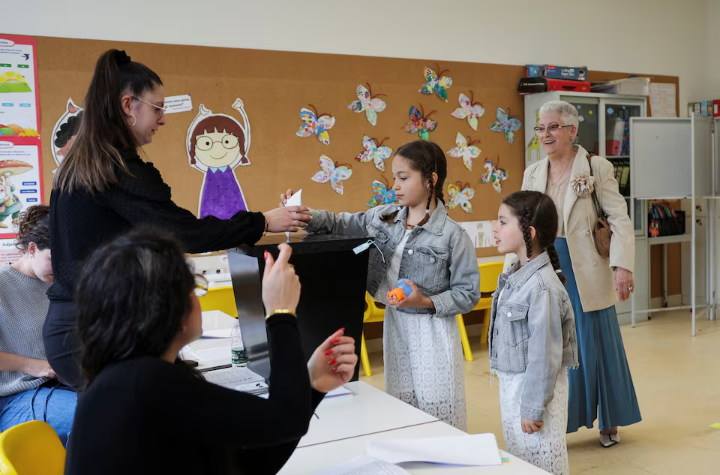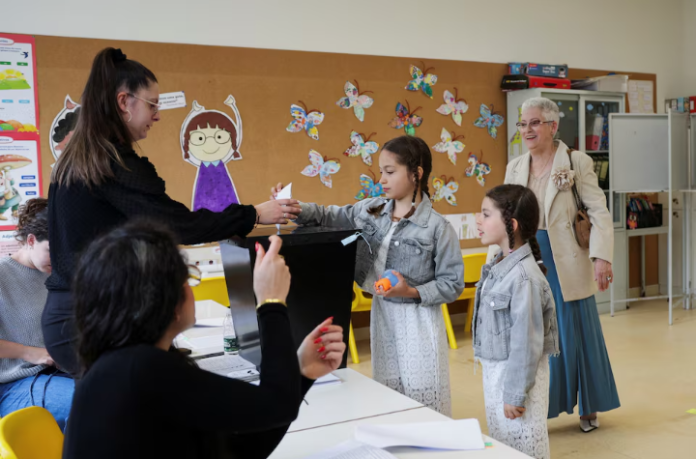For the third time in just three years, Portuguese citizens returned to the voting booths on Sunday, hoping to elect a government that might finally bring political stability to the nation. Yet, despite hopes for change, this snap election may once again lead to a fractured parliament and prolonged uncertainty.
This early election was triggered just a year after Prime Minister Luis Montenegro’s centre-right minority government came to power. Montenegro himself called for a confidence vote in March, seeking to quell opposition claims surrounding his family’s consultancy business. Instead, the vote backfired, and his administration collapsed.
Though Montenegro has strongly denied any wrongdoing, the controversy added to voter fatigue and growing public frustration. Portugal has experienced a decade of unstable leadership—only one government held a majority during that time, and it too crumbled midway through its term.
Sunday’s vote saw polling stations open from 8 a.m. to 7 p.m. local time. Early turnout figures were underwhelming: by 4 p.m., only 48.28% of eligible voters had cast their ballots, compared to 51.96% at the same point in the last election. Analysts attribute this dip to “election fatigue,” a feeling shared by many Portuguese citizens worn down by frequent trips to the polls with little result.
President Marcelo Rebelo de Sousa addressed this weariness in a broadcast interview, urging citizens to take the election seriously: “This is a very difficult time… with many uncertainties and only the people have the power to decide.”
Opinion polls have consistently shown Montenegro’s Democratic Alliance (AD) leading with around 32% of the vote, ahead of the centre-left Socialist Party (PS) at about 26%. However, even with a slight boost in parliamentary seats, AD is unlikely to secure a majority in the 230-seat parliament.
Without a clear winner, forming a government will require negotiations and potential coalitions. The pro-business Liberal Initiative (IL), currently polling fourth, shares ideological similarities with AD, making them potential allies. But even together, they may fall short of the 116 seats needed for a majority.
Montenegro has repeatedly ruled out any alliance with the far-right Chega party, which remains a major political force with about 18% support. Despite health issues that hospitalized leader Andre Ventura twice in the past week, he made a surprise appearance at a final campaign rally—likely to rally his base for a strong showing.

Political analyst Antonio Costa Pinto predicts more of the same: “The new parliament will likely resemble the last, and it’s impossible to predict how long any government might last.” He added that international dynamics and the AD’s ability to form partnerships would be key to survival.
Despite the instability, Portugal’s economy has outpaced many other EU nations, boasting budget surpluses and debt reduction. However, further political uncertainty could delay crucial initiatives, such as lithium mining in the north and the long-stalled privatization of national airline TAP.
Now, the country waits to see if this election will finally break the cycle—or merely set the stage for yet another chapter of political gridlock.



